OUR LOVE FOR
THE LAWNZ
LIKE NO OTHER NEIGHBORHOOD
Hafiz Naim Ali Camp
Copyright 2019 Hafiz Naim Ali Camp.
All rights reserved. No part of this publication may be reproduced, stored in a retrieval system, or transmitted, in any form or by any means, electronic, mechanical, photocopying, recording, or otherwise, without the written prior permission of the author.
ISBN: 978-1-4907-9548-5 (sc)
ISBN: 978-1-4907-9547-8 (hc)
ISBN: 978-1-4907-9550-8 (e)
Library of Congress Control Number: 2019906873
Because of the dynamic nature of the Internet, any web addresses or links contained in this book may have changed since publication and may no longer be valid. The views expressed in this work are solely those of the author and do not necessarily reflect the views of the publisher, and the publisher hereby disclaims any responsibility for them.
Any people depicted in stock imagery provided by Getty Images are models, and such images are being used for illustrative purposes only.
Certain stock imagery Getty Images.
Trafford rev. 06/04/2019
 www.trafford.com
www.trafford.com
North America & international
toll-free: 1 888 232 4444 (USA & Canada)
fax: 812 355 4082
CONTENTS
As I communicated with family and friends from the Lawnz (Warwick Lawns) and surrounding communities, in many cases, the focus of the conversation was centered around the Lawnz the things we used to do, places we used to go, things we used to say, and the circle of friends we did it with. Conversation would also lead to those who stood out or had an impact on the community then or now. Furthermore, mentioned in those conversations was the fact that someone needs to write a book on the Lawnz. This is what prompted me to take on this task. I must mention that since the inception of this project, Ive received nothing but support and encouragement from the masses and an overwhelming response from those who are included in this project. I realize that personal time is valuable, and, for those who took the time to converse with me and share their family stories, we owe you immensely. For those who chose not to share their stories for whatever reason, I wholeheartedly respect your decision, and I applaud your accomplishments and accolades anyway. But I must note that I, as well as others, feel that your stories would help solidify the contents and purpose of this book. Two of the key stories were removed from the manuscript a week prior to submission because of circumstances beyond my control. One perhaps is one of the most accomplished individuals from our neighborhood. On a better note, there are so many other distinguished individuals included in the book. Hopefully, the removal of a couple wont detract from the books intent.
Ideally, the intent of the book is to inform the masses of the distinguished individuals we have from our neighborhood. Furthermore, I feel a certain sense of accomplishment at this point because as far as I know, no one has attempted to write anything about our neighborhood, and I only pray that this inspires others to follow suit. As I often think about it, I find it hard to believe that with the number of distinguished figures who have resided in our neighborhood, very little has been documented to expose these personalities to the public. Arguably, other neighborhoods could contest that they have individuals from their neighborhoods of equal stature, but I beg to differ with these opinions. Our individuals highlighted cover an array of areas that include the civil, the military, the athletics, the sciences, and the arts. Weve even had numerous neighbors who have fallen into the categories of the first to do and two who have had schools named after them in honor of their dedication for teaching. Although weve had numerous standouts from our surrounding communities, my focus on this book is centered only around figures from the Lawnz.
CHAPTER I
HISTORY OF THE LAWNZ
When segregation comes to my mind, I can vividly picture the scenes of young African American girls being escorted to school by the sheriffs deputies in Alabama or the white cardboard signs in the back of the white establishments indicating White Only and Colored Only restrooms and water fountains. A social black eye from our past that resonates in the hearts of all of us who have suffered from the injustices that segregation created. It was pretty much common knowledge that segregation dominated in the Southern states, with Virginia included in the pack, but I am totally embarrassed that I was ignorant to the fact that it revealed its ugly head right in the midst of our town of Denbigh. Why would one group of people feel the need to suppress the lives and livelihood of another group and feel that they were totally justified for doing so? That concept has never sat well with me. American activist Rosa Parks sitting steadfast in the front section of that bus motivates me to no end because standing up to the opposition in her defiant nature, she showed the nation that she was fed up with being a second-class citizen for a nation that was built by the blood, sweat, and tears of black folks. This historical gesture should have been written in our history books long before society decided to publicize it. That defiant act by Rosa Parks made history not only on the national and world level, but also local history in this tiny black neighborhood tucked away in the corner of Denbigh. While on the very bus that Rosa Parks was arrested, our Queen Carr (R.I.H.), mother of Angelo, Nedra, and Tia, from Spratley Circle was posing as an undercover informant for the government in the late 1950s to early 1960s in Montgomery, Alabama, to report incidents where blacks tried to sit in the front of the bus but were denied. She was always assigned to buses that ran through the black neighborhoods. Because of her fair, light skin and her well-groomed straight hair, she could pass for white. She also worked undercover in Norfolk and Richmond to help expose discrimination efforts.
Angelo has made a bit of history himself. When I first asked Angelo if I could use his mothers story in the book, he mentioned that he and a few others from the neighborhood were the first African Americans allowed to attend Lee Hall Elementary School. I told him that I would look into it. During my research, I found an article dated July 19, 1963, where the Newport News School Board approved the transfers of twenty-four African American children to white schools. This allowed Angelo and nine other African American children to be the first to integrate Lee Hall Elementary.
It was brought to my attention by our youngest daughter, Tayla, who was a history major at the University of Southern California, that although Rosa Parks is a recognizable pioneer of the civil rights movement for her bus arrest, there was another arrest of a young sixteen-year-old female who occurred nine months earlier for the same offense. Once the police arrived on the scene, she still refused to move and was handcuffed, forcibly removed, and arrested by two officers. She was charged with disturbing the peace, violating the segregation laws, and assault. She was bailed out by her pastor. Her case was presented to the Montgomery Circuit Court on May 6, 1955, with the disturbing the peace and violating the segregation laws dropped. She appeared with four other plaintiffs in the court case of Browder vs. Gayle . The ruling from the court was that the bus segregation laws in Montgomery were unconstitutional, and that was due partly because of the black community support. The segregation policies were suspended until fair legislation was implemented. In December of 1956, the Supreme Court ordered Montgomery and the state of Alabama to end bus segregation.
Next page
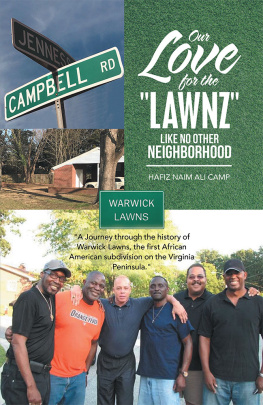

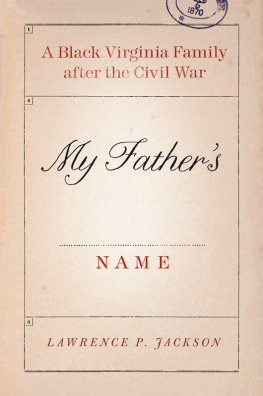
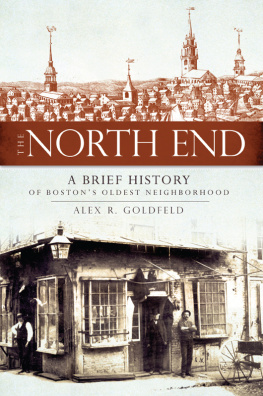
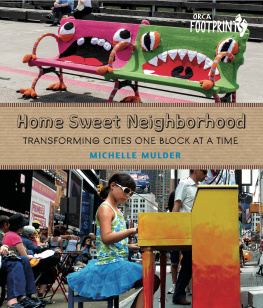
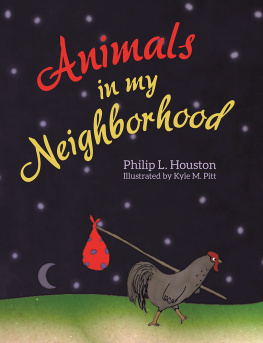

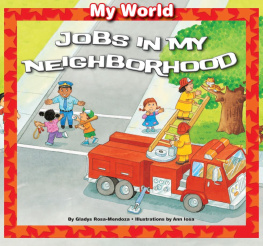
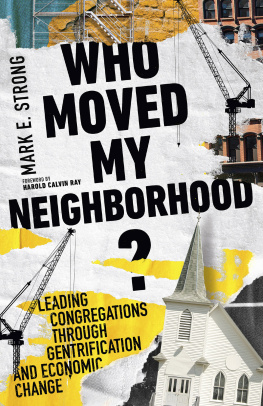
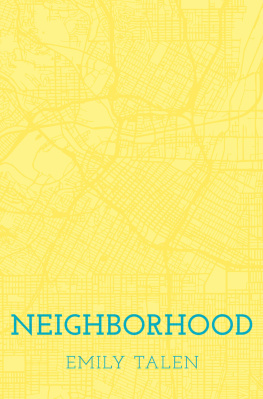
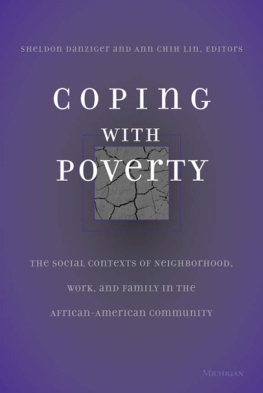
 www.trafford.com
www.trafford.com